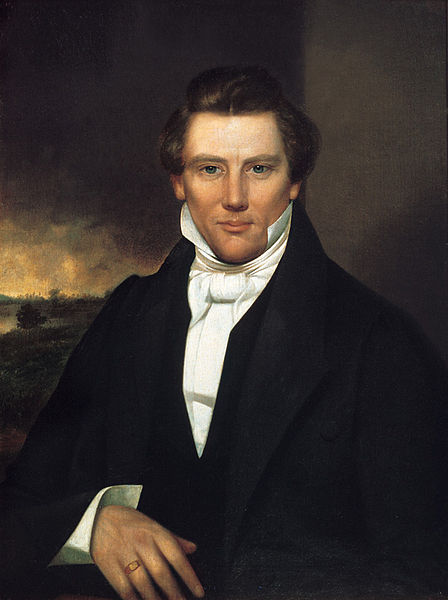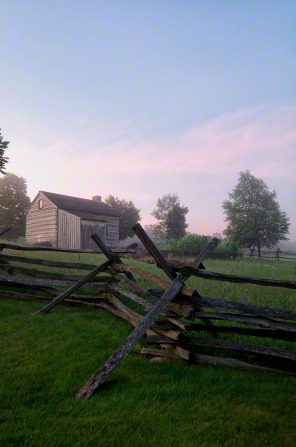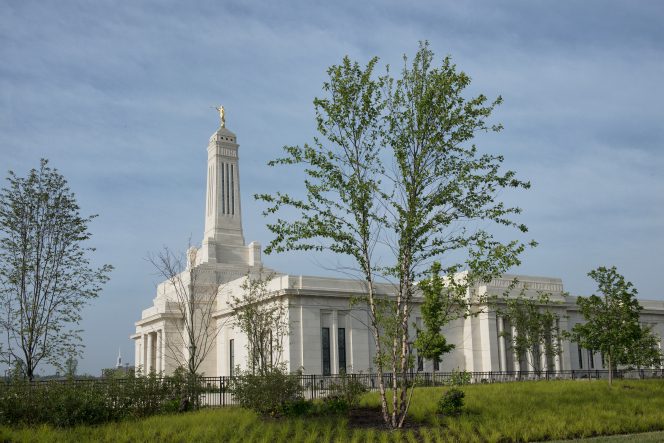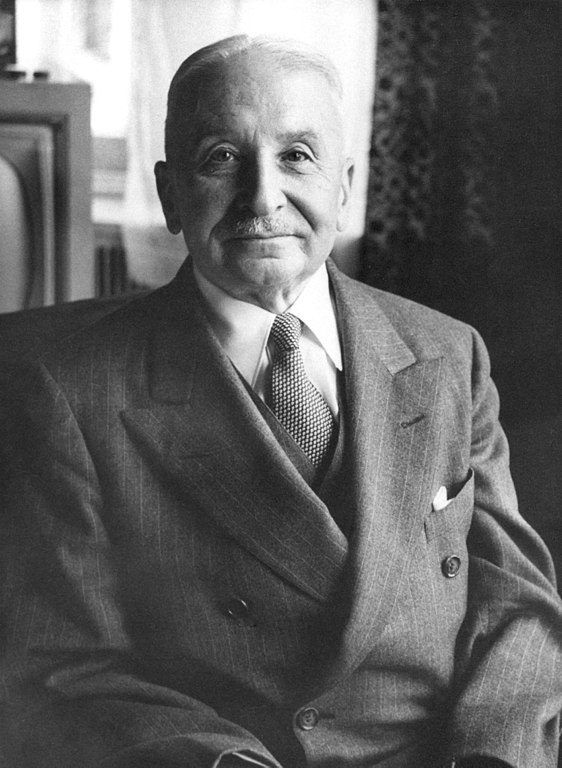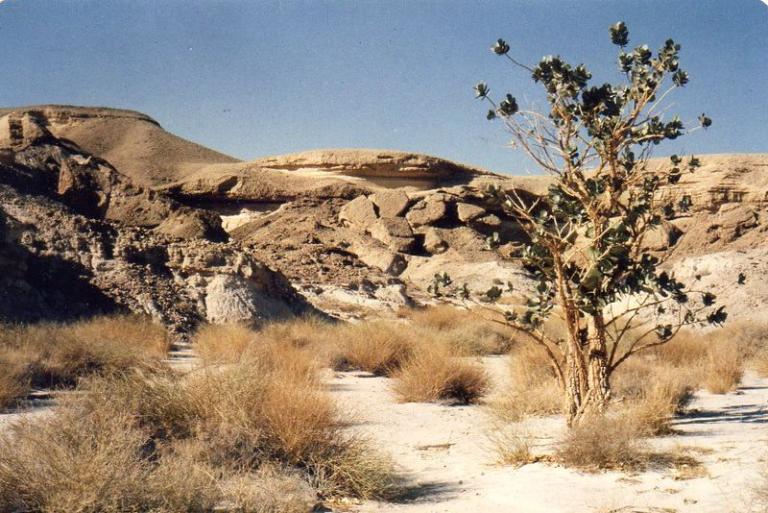Continuing the excerpts from my files and notes: “Having been a boarder in General Smith’s family for more than nine months,” wrote John M. Bernhisel, a physician who later served as Utah’s delegate to the United States Congress, with abundant opportunities to contemplate his character and observe his conduct, I have concluded to give you a few of my “impressions” of him. General Joseph Smith is naturally a man of strong mental powers, and is possessed of... Read more


